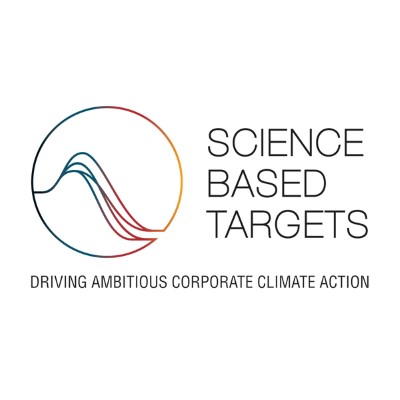Sustainability
Net-Zero 2040 validated by third party
In February 2023, Coor committed to achieving net zero emissions of greenhouse gases by no later than 2040. The Science Based Target initiative (SBTi) has reviewed Coor’s plan and validated that the initiatives correspond to evidence-based requirements for reaching the target.

“The fact that our Net-Zero target has been validated by a third party once again demonstrates that our sustainability strategy is focusing on the right things. This is one of the actions we are taking to future-proof our company and retain our market-leading position in facility management in the Nordics,” AnnaCarin Grandin, CEO and President of Coor, explains.
To achieve net zero emissions is the most ambitious climate goal any business can currently undertake. According to the standard produced by the SBTi, associated companies must achieve the goal by no later than 2050. In order to reach the goal ten years earlier than required by the standard, Coor has identified three key areas relating to its transition: emissions from Coor’s own operations, shifting to more sustainable menus in the company’s restaurants, and more circular flows, both in terms of business models and from suppliers.
“We have started the journey, including the electrification of our vehicle fleet, and by using fossil-free electricity and choosing suppliers that share our ambitious climate goals. But we also know that an even bigger transition lies ahead and that a great deal will be required from us as a company, but also from our customers, suppliers and society as a whole. We all need to help out if we are going to achieve the 1.5°C target,” AnnaCarin Grandin concludes and continues:
“Coor is a change-oriented company with a deeply rooted passion and willingness to create long-term sustainable deliveries. We continuously challenge ourselves to find ways of reducing the climate impact in everything we do, from transport of goods and services to developing optimally climate-smart services. Here, we have a significant advantage as a result of established collaborations with innovative startups and our familiarity with embracing new technology. For example, we already use AI daily in several areas of our operations.”








